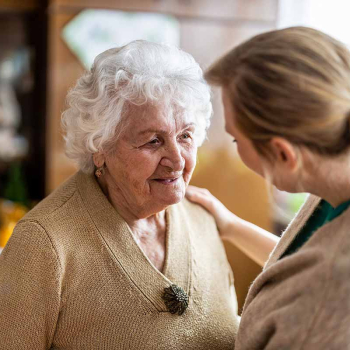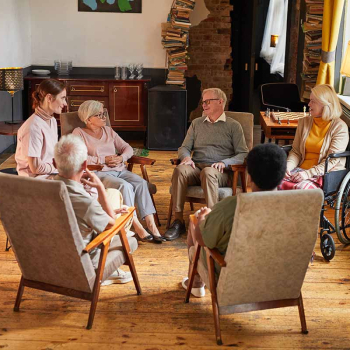Families with ageing loved ones are naturally dismayed over a decline in their physical and mental capabilities. There is often no way to stop that natural progression in life, but there are ways and means to help cope with handling everyday life. The first is for the spouse or younger family members to observe the functions that are declining; such as memory, balance, judgement, movement and safety awareness. In early stages of decline, just checking on mom or dad over the phone or in person may be enough to evaluate if there is any risk of harm. I can still remember a phone call from a friend of my mother’s calling me to say “I saw her go through a stop sign.” That is a dreaded call for any child, as it leads to a decision at some point on no longer driving. For many that can be an extremely difficult decision, because that car is the means and symbol of independence. Fortunately for our family, she willingly relinquished driving as she lived in an apartment building with numerous friends her own age who were willing to take her to her usual stores and church.










